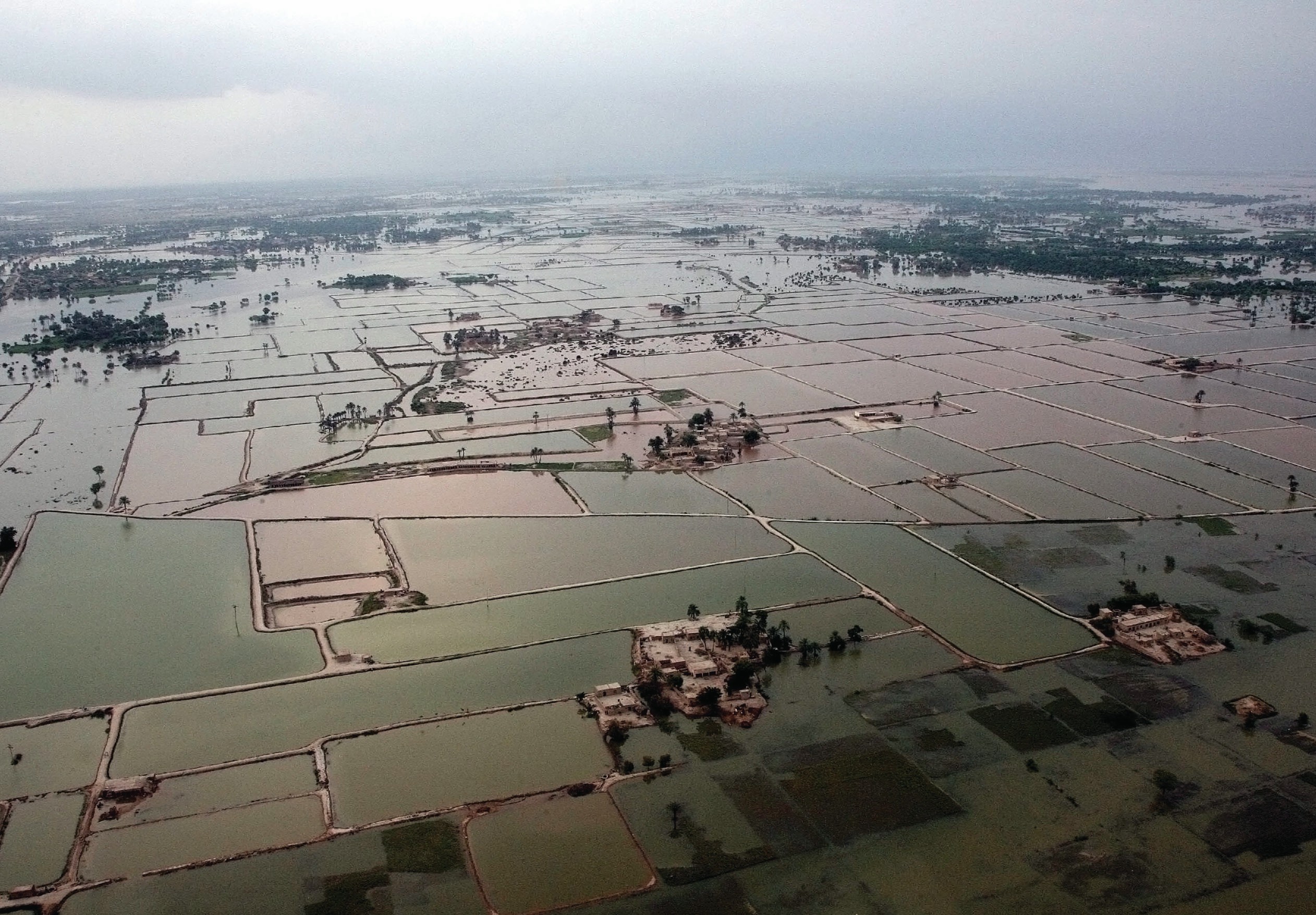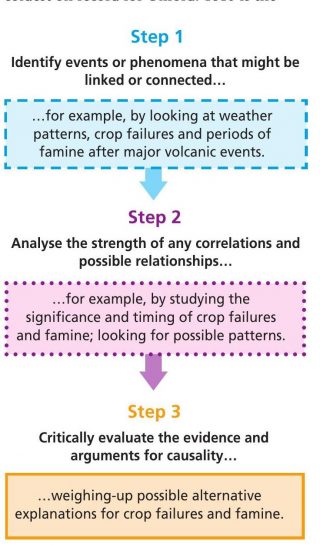
According to the World Meteorological Organization 2010 was the warmest year on record, with global surface temperatures reaching record values, similar to those in 1998 and 2005. The year also brought to an end the warmest decade ever recorded. Severe weather events occurred in several parts of the world, with significant socioeconomic impacts. People in Russia suffered an intense summer heatwave and widespread f looding hit countries including Pakistan and Australia.
A huge amount of temperature data are recorded every day at the Earth’s surface by meteorological observers and at automatic weather stations on land and at sea. Data are also recorded by instruments carried on satellites. There has been a decent global coverage of temperature records since 1880 and this information tells us that 2010 ranked as the warmest year on record, together with 2005 and 1998. There is no statistically significant difference between global temperatures in these three years. In 2010, global average temperature was 0.53°C above the 1961–90 annual average of 14°C (1961–90 is the common base period used for analysing recent global temperature data). The decade 2001–10 was also the warmest ever recorded with temperatures over the decade averaging 0.46°C above the 1961–90 mean.
Your organisation does not have access to this article.
Sign up today to give your students the edge they need to achieve their best grades with subject expertise
Subscribe




